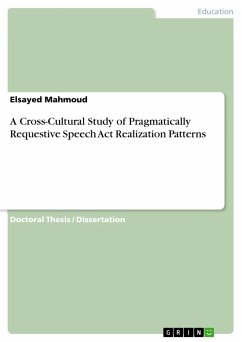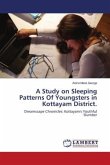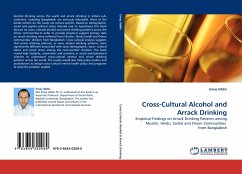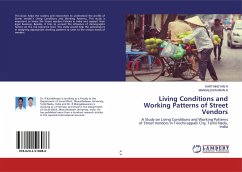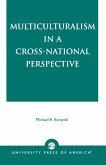Doctoral Thesis / Dissertation from the year 2014 in the subject Pedagogy - Intercultural Pedagogy, British University in Dubai, course: TESOL, language: English, abstract: Since there have been few pragmatic studies, especially at the local level, that have dealt with the adolescents, and since the language and culture are inseperable, this study examines pragamtically requestive speech acts realizations patterns between English native and non-native adolescents in Dubai, UAE and Ismailia, Egypt. It looks at how the speech acts' requesting strategies differ across different cultures in terms of the social distance, size of imposition and power. It also looks at the types of politeness strategies, which could increase or decrease the degree of the imposion on the hearer(s), employed by the two groups in terms of the aforementioned sociolinguistic variables.The subjects of this study were divided into two groups. the first group consists of 30 English native adolescents from UK, US and Canada while the second group consists of 30 English non-native adolescents from Pakistan, United Arab Emirates, Egypt, Iran, Malaysia, India, Germany and Philippines.The study have utilized the Discourse Completion Tests (DCTs) distributed to the voluntary students. It revealed significant differences between the two groups in employing the request's strategies. Additionally, it revealed significant differences between them in employing the politeness strategies.This study provides implications to the students, teachers, educational syllabus designers, decision makers, authors for preventing pragmatic failure/ error to happen and for facilitating effective communications across cultures, too.

